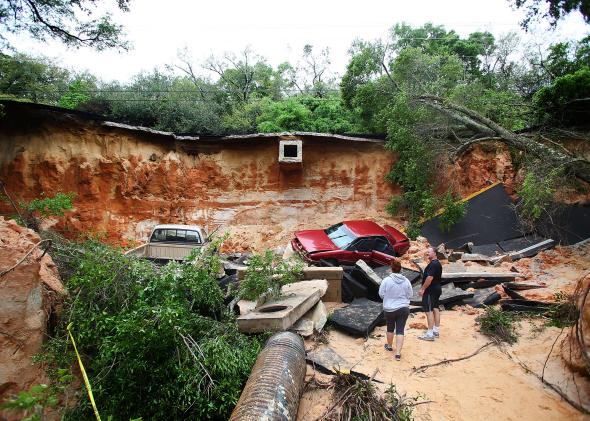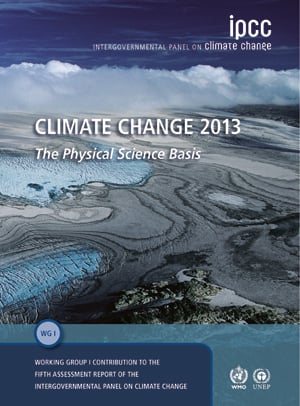All thermal power generation requires water for cooling, with nukes so vulnerable no private insurer will cover them anyway and failing frequently in recent heat waves. “Natural” gas is no better than coal or oil for water use; maybe worse because all those pipelines vulnerable to backhoes or corrosion or attack. Even hydro is vulnerable to lack of rainfall. Carbon sequestration doesn’t get good marks, while conservation and efficiency get rave reviews from a study of insurance perspectives on power generation. What’s the one power source this article about insurance risks does not say is fragile in the face of climate change? Hint: look up.
Limiting Liability in the Greenhouse: Insurance Risk-Management Strategies in the Context of Global Climate Change, by Christina Ross, Evan Mills, and Sean B. Hecht, Stanford Environmental Law Journal and the Stanford Journal of International Law, Symposium: on Climate Change Risk, Vol. 26A/43A:251, 2007.
Supply-side energy choices that may be made to reduce the carbon-intensity of energy services have their own distinctive liability characteristics. For example, switching to lower-carbon electricity generation technology based on thermal power plant technology (e.g., by substituting natural gas for coal) results in systems that are still heavily dependent on water resources for cooling. The Electric Power Research Institute has documented considerable risks to traditionally cooled power generation systems as a result of climate change-induced droughts.242 Similarly, “zero-emissions” hydroelectric generating systems are also sensitive to rainfall patterns.
242 Denis Albrecht, Electric Power Research Institute, Presentation: Climate Impact on Water Availability for Electricity Generation (April 11, 2006) (presentation slides associated with the Electric Power Research Institute).
Centralization considered harmful
Continue reading












